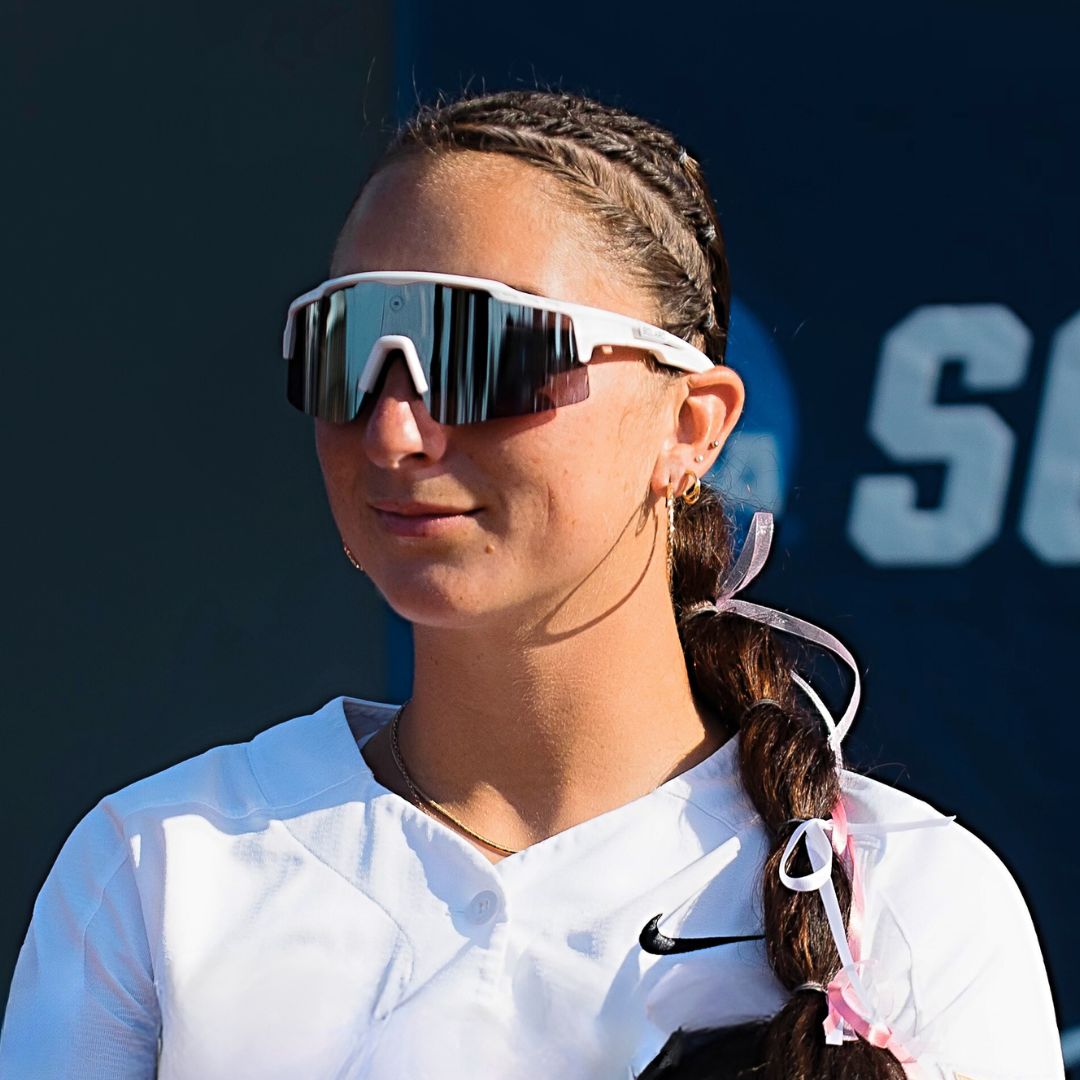In today's digital age, screens are an integral part of our lives, whether for work, gaming, or leisure. As we spend more time in front of screens, concerns about eye health have become increasingly prominent. One common solution people turn to is blue light blocking glasses. But how exactly do these glasses work, and are they really effective? Let's delve into the science behind blue light blocking glasses and their role in protecting your eyes.
What is Blue Light?
Blue light is a high-energy, short-wavelength light that is emitted by various sources, including the sun, LED lighting, and digital screens. It falls within the range of 400-490 nanometers on the light spectrum. While natural blue light is beneficial during the day—it helps regulate our circadian rhythms and keeps us alert—excessive exposure, especially from artificial sources, can cause eye strain and disrupt sleep patterns.
How Blue Light Affects Your Eyes
- Digital Eye Strain: Prolonged exposure to screens can lead to digital eye strain, characterized by symptoms like dry eyes, blurred vision, and headaches. Blue light is believed to contribute to this strain by causing excessive contrast and glare.
- Disruption of Sleep Patterns: Blue light can interfere with the production of melatonin, the hormone responsible for regulating sleep. Exposure to blue light, especially in the evening, can delay sleep onset and reduce overall sleep quality.
- Potential Long-Term Damage: Some research suggests that prolonged exposure to blue light may contribute to retinal damage over time, though this is still a subject of ongoing research.
How Blue Light Blocking Glasses Work
Blue light blocking glasses are designed to filter out a portion of blue light before it reaches your eyes. Here's how they work:
- Special Coatings: These glasses feature a special coating on the lenses that absorbs or reflects blue light. This coating can reduce glare and contrast, potentially alleviating eye strain.
- Lens Materials: Some blue light blocking glasses use lenses made from materials that inherently filter out blue light. These lenses are often tinted yellow, which helps in reducing the intensity of blue light.
- Improved Contrast: By filtering out blue light, these glasses can improve contrast and reduce glare from screens, making it easier for your eyes to focus and reducing the likelihood of digital eye strain.
Are Blue Light Blocking Glasses Effective?
The effectiveness of blue light blocking glasses can vary from person to person. Some users report reduced eye strain and improved sleep quality after using these glasses, while others may not notice a significant difference. It's important to consider the following factors:
- Individual Sensitivity: Some people are more sensitive to blue light and may benefit more from wearing blue light blocking glasses.
- Screen Time Management: Reducing overall screen time and taking regular breaks can also help mitigate digital eye strain.
- Quality of Glasses: The quality of blue light blocking glasses can differ. Opt for glasses with a reputable brand and reviews to ensure you are getting a product that effectively filters blue light.
Conclusion
Blue light blocking glasses can be a useful tool in managing digital eye strain and improving sleep quality, especially for those who spend extended periods in front of screens. While they are not a cure-all, they can be part of a broader strategy for maintaining eye health, including proper screen habits and regular eye check-ups. As with any health-related product, it's best to consult with an eye care professional to determine if blue light blocking glasses are right for you.



